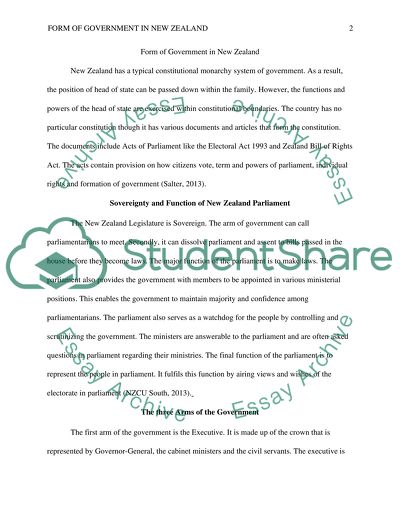In theory, Parliament is sovereign in New Zealand. In practice, it is Essay. Retrieved from https://studentshare.org/law/1498754-ypin-theory-parliament-is-sovereign-in-new-zealand
In Theory, Parliament Is Sovereign in New Zealand. In Practice, It Is Essay. https://studentshare.org/law/1498754-ypin-theory-parliament-is-sovereign-in-new-zealand.


